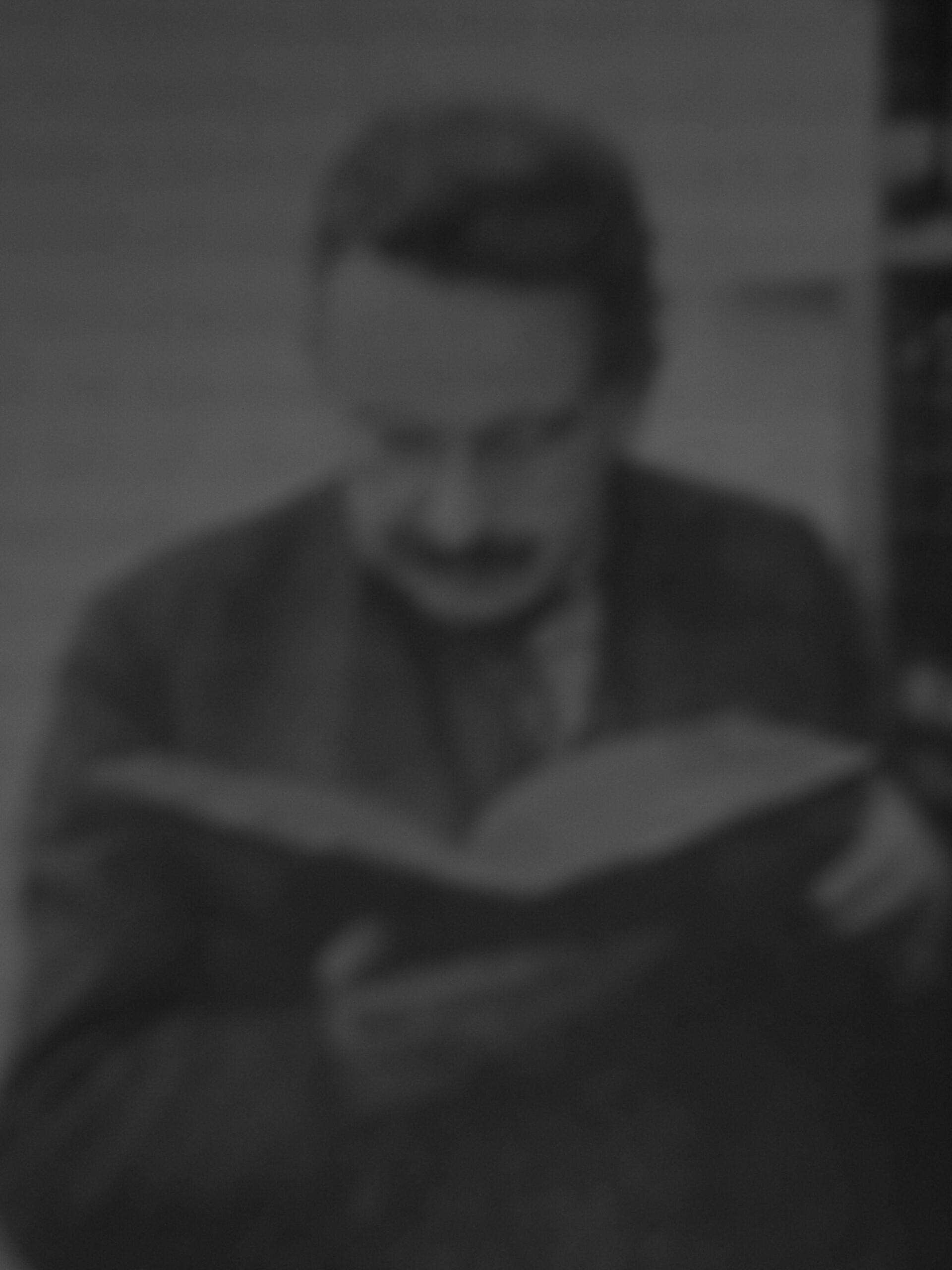UNITED STATES—Peet Boggs, the film historian and schnorrer manqué, interviewed filmmaker Jules Kaminsky many times starting in the mid-70s. The two first met when Boggs had a part as a scrub pine in Kaminsky’s long-awaited masterpiece, “Masterpiece.” In the lore of unfinished film, this work is a holy grail, occupying a place equaled perhaps only by Orson Welles’, “The Other Side of the Wind,” and Jerry Lewis’ “Day the Clown Died.”
Now that this film has become the object of such a cult interest, Peet Boggs has edited and assembled the most detailed narrative we may ever have of this elusive work. Kaminsky was notoriously secretive about his scripts, showing them to his actors only after shooting the scene. “It’s more spontaneous that way,” he said.
Peet Boggs: Now we turn to “Masterpiece.”
Jules Kaminsky: (sigh)
Boggs: Anything the matter?
Kaminsky: It’s that I get asked about it so much. I feel guilt for not finishing it, and if I do, I can never match the film people have created in their mind.
Boggs: The theme?
Kaminsky: The story is set in the period when France is being overrun by the Nazis. It’s a crazy time and you have a montage of passports stamped with visas to fictitious countries and crowding the port of Marseilles—everyone wants to get out—none more than Walter Benjamin, the social critic and aesthete of Jewish descent.
We open the film with Benjamin and another long white-haired professor (Gene Wilder type) being smuggled on a freighter dressed up as French sailors. Try to picture a guy with coke-bottle classes, sensitive scholar’s brow and slouched shoulders in a sailor’s uniform. They didn’t make it out of port.
Boggs: It almost sounds comical . . .
It is. Even within the story friends he meets afterward laugh about Benjamins’ try at being a sailor. They had to laugh at the comic side of the tragedies. This is what attracted me to the story. And it’s a true story.
Anyhow, Benjamin showed up at the house of friends, themselves recently settled in a village at the foot of the Pyrenees Mountains, in France near the Spanish border. He had been told that they would know how to take him across the border and into Spain. The young wife, Nita, had found a way across the frontier with eye to getting friends and families into Spain. During a conversation in a bistro, away from prying ears, Nita told Benjamin of the village’s old socialist mayor who had drawn a map from memory of an old smuggler’s road. The easier, established route used by refugees during the Spanish Civil War had been already blocked by the Nazis.
This other path crossed the Pyrenees at a higher altitude. It would involve lots of climbing. Let’s be honest: Benjamin was a cream puff who spent his life in libriaries. He also admitted to Nita that he had a heart condition and would have to walk slowly. I picture a man always in his overcoat, vest and necktie, a fish out of water.
So they set out to see if the map was even accurate and intended to return to the village, where I imagine Nita’s husband was waiting on supper. The walk was meant to be a dry run. They walked slowly. Benjamin carried a large black satchel he’d picked up from an inn, on their way out of the village.
“It’s my new manuscript,” Benjamin said when Nita asked why he’d brought it along. It looked heavy. And it was. This guy was heavy reading, Walter Benjamin, like a potato pancake. He makes Kierkegaard look like Dr. Seuss.
“This black bag is the most important thing for me in the whole world,” he told Nita. “I cannot risk losing it. I am expendable, but the manuscript must be saved.”
They saw the landmarks, and empty shed, a huge boulder that the mayor had spoken about. So they weren’t lost. They came to a clearing. Benjamin had tricked her; once he has started the walk, he wouldn’t go back. His rationale is that if they went back to the village and retrace their steps the next day, his heart would give out.
She was away from her husband, but decided to stay with Benjamin. She was afraid to leave him alone, where wild bulls roaming and someone from the Gestapo could come along.
To be continued…
Grady Miller is a humorist. He lives in Hollywood.






